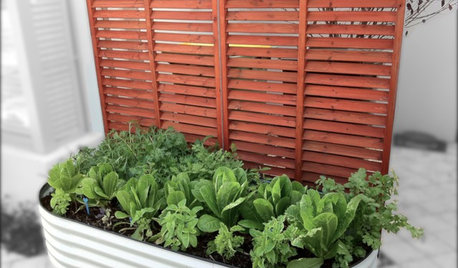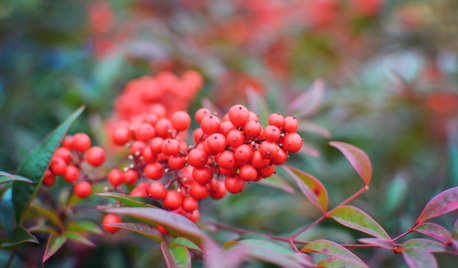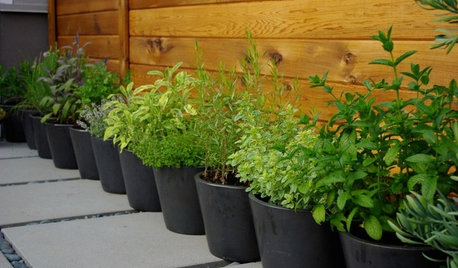pre compost vs rotting food
iLoveLawn
10 years ago
Featured Answer
Sort by:Oldest
Comments (9)
Shaul
10 years agosbryce_gw
10 years agoRelated Professionals
Middle Island Landscape Architects & Landscape Designers · Brooklyn Center Landscape Architects & Landscape Designers · Frisco Landscape Contractors · Fuquay-Varina Landscape Contractors · Monterey Landscape Contractors · Ramsey Landscape Contractors · Shoreview Landscape Contractors · Yuba City Landscape Contractors · Markham Landscape Contractors · Galena Park General Contractors · El Sobrante General Contractors · Milford General Contractors · New Baltimore General Contractors · Pine Hills General Contractors · Troy General Contractorsequinoxequinox
10 years agoiLoveLawn
10 years agosbryce_gw
10 years agopatrick1969
10 years agoKing_Kale
10 years agoattia salah
4 years ago
Related Stories

GARDENING GUIDESGet on a Composting Kick (Hello, Free Fertilizer!)
Quit shelling out for pricey substitutes that aren’t even as good. Here’s how to give your soil the best while lightening your trash load
Full Story
ORGANIZINGPre-Storage Checklist: 10 Questions to Ask Yourself Before You Store
Wait, stop. Do you really need to keep that item you’re about to put into storage?
Full Story
FARM YOUR YARDHello, Honey: Beekeeping Anywhere for Fun, Food and Good Deeds
We need pollinators, and they increasingly need us too. Here, why and how to be a bee friend
Full Story
FEEL-GOOD HOME21 Ways to Waste Less at Home
Whether it's herbs rotting in the fridge or clothes that never get worn, most of us waste too much. Here are ways to make a change
Full Story
ENTERTAININGEntertaining Ideas From a Fabulous 'Friendsgiving'
See how one young crowd put together a pre-Thanksgiving affair to remember, with limited funds but plenty of resourcefulness
Full Story
GARDENING GUIDESMid-Atlantic Gardener's January Checklist
Scatter berries while ye may, be kind to your fair-feathered friends and try a time-saving compost trick that will keep you out of the cold
Full Story
GARDENING FOR BUTTERFLIESGardening for the Bees, and Why It’s a Good Thing
When you discover how hard bees work for our food supply, you may never garden without them in mind again
Full Story
GARDENING GUIDES6 Ways to Grow Edibles in Small Places
No big backyard? Join in the grow-your-own fun with these small-space ideas for planting vegetables, fruits and herbs
Full Story
FALL GARDENING5 Ways to Put Fall Leaves to Work in Your Garden
Improve your soil and yard the organic way with a valuable garden booster that grows on trees
Full Story
EARTH DAYThe Case for Losing the Traditional Lawn
Work less, help the environment and foster connections by just saying no to typical turf
Full StoryMore Discussions






chuckiebtoo